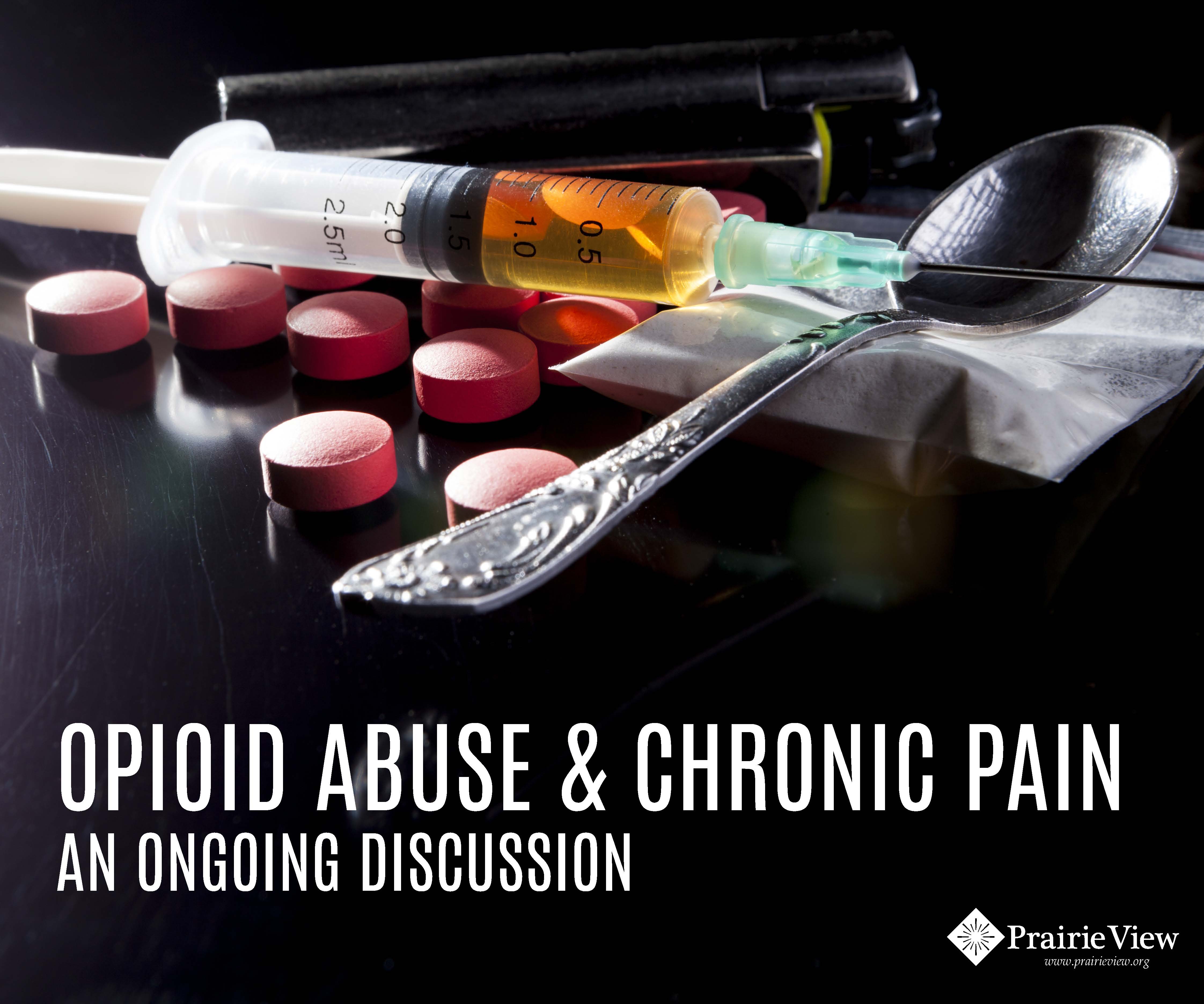Distressful cancer treatment period

Distressful cancer treatment period alongside tolerance can cause jittery in the treatment process
Distressful cancer treatment period: Cancer surgery
The distressful cancer treatment period can be very disturbing. Like for instance the waiting for surgery is another time of major concern. People often worry about the operation itself, but also about whether the cancer is growing while they wait. Fears about the changes that surgery will cause can be a major source of distress, too. Then there are concerns about work and home life and how they may change. Insurance and financial issues often add to the worries. For some people, one of the hardest times is after cancer treatment. Rather than feeling happy that treatment is over, they feel even greater distress. One patient put it this way: “I’m on my own now and I’m just waiting to see what will happen next.” From that statement you notice that this patient is very distress even though treatment has been concluded.
Seeing the oncologist (cancer doctor) after treatment can feel quite scary. Nearly everyone has some fear the cancer will come back (recur). This is normal, too. “Every time I have aches and pains, I’m convinced it’s the cancer coming back even if it’s a pain in my big toe,” one patient said.
Distressful cancer treatment period: Everything about cancer is stressful
Dealing with the side effects of treatment such as tiredness (fatigue), hair loss, weight changes, and how disrupted your life seems is also stressful. In fact, everything about having cancer is stressful. Being upset and worried are part of it, so a certain amount of distress is expected when you find you have cancer. But sometimes distress can go from the expected level to one that interferes with your treatment, makes it hard for you to cope with the illness, and affects all parts of your life.
It’s not a sign of weakness that you become so distressed that it interferes with your ability to do your usual activities. When you visit us at AWAREmed Health and Wellness Resource Center, our team of experts will explain for you the range of distress from what is considered normal to very high and offer some ideas about how to handle your feelings in ways that will be helpful. The very first thing you need to do in coping with distress is consulting with your doctors and cancer support team. Talking to them about how you feel will make you feel much safer. Their purpose is to help you get better and if they notice something that needs to be addressed, then they will direct you to the help you need. Remember that these people are only here to help you not just for the cancer treatment, but they are also counting on you to tell them how you are doing and what you are feeling. This is one assignment that you are the only one that can do and no one else.
Finally when addressing distress of cancer patients, the scope is not just limited to them but it is also applies to their loved ones. These people are a strong source of support, and their well-being is important, too in the delivery of successful treatment. Therefore if you are a loved one and feel distressed, it’s OK to let the cancer care team knows that you need help. You can also schedule for an appointment with doctor Dalal Akoury for much more professional assistance.
Distressful cancer treatment period: Cancer surgery




